I hear the word luxury much too often in the travel world. Luxury experiences. Luxury hotels. Luxurious linens. Luxury beaches. Luxury this, luxury that. The best, the finest, the most, the mostest. To me, somewhere between common sense and lunacy, we misappropriated this word “luxury” and now use it as a doorstop for pretty much everything. Luxury has lost its luster, and it’s very much all of our fault.
I wrote about how “luxury is a lie” for Wonderlust Travel, you can read that here.
The word “luxury” originates from the words “lust” and, interestingly enough, “lecherous,” but is now used to describe anything that vaguely resembles wealth or perceived affluence, or even just somewhat nice. But what most people don’t realize is that the word is laden with much more than just a new development of overly shiny condos in Mexico or Florida. Gross.
Back in 2011, the BBC premiered a miniseries on the history of luxury and its ambiguous meaning. Cambridge University academic and host of the program, Michael Scott said, "Luxury isn't just a question of expensive and beautiful things for the rich and powerful -- it feeds into ideas about democracy, patriotism and social harmony, as well as our values and our relationships with the divine.” I’m taking “divine” as more of a Britishness and less of a Christian theme here...
Luxury just is not special anymore. Real luxury isn’t what the travel industry has force fed us. Real luxury is personal -- and it is actually, truly special. It’s understanding space, time and freedom. Actually, stop reading, let those three words roll over your tongue slowly. What do they mean to you?
If you can find that somewhere in your deepest caverns, you’ve touched luxury -- something money could assist with, but can’t outright buy. We travel for those three things, not to be in “opulence” or “splendor,” because in the end that’s immaterial to the full human experience.
So yes, a hotel like the Amanoi in Vietnam, up on pink cliffs overlooking the East Sea, would never have been built if it wasn’t for a very big investment to get roads to this particular far away place. And yes, it takes an iconic hotel group with true imagination to show us how to find this space, time and freedom -- and then note how cautious these starry-eyed leaders are of the word luxury. Yet again, few understand the power of the word, and they use it very wisely.
I want to reclaim the word, use it when it’s truly a thing of great comfort or grandeur. Maybe the luxury police could come and check out its overuse and gently tap the knuckles of the over-users. Because that hotel, and that experience, and that spa isn’t luxury. It’s just a room, just a car ride, and just a massage table with bad background music, without the consciousness that people actually deserve more --- that they deserve better...
Of course luxury is personal, it’s a feeling and you can anoint anything you’d like with it. But like the word “organic” or “artisanal,” eventually it won’t matter at all. (I am calling on you, Brooklyn.) And that’s why travel is better when you take it from high and low. If you always do it on the high, you’re missing the real moments. From the ivory tower of your hotel and your black limo you can’t see the beauty right in front of you. But by all means stay at the gorgeous hotel, but come eat on the street. Or stay on the street, at an Airbnb or a tiny inn run by locals and book one meal at the Michelin star chef’s restaurant.
If we all use the word luxury less, perhaps then we’ll be able to reclaim it and only utter the word when things are truly “luxurious.” Like when you’re on the road, and that feeling of magic washes over you. You’re not remembering the luxury - you’re remembering the lessons, the stories and the people you’ve met. Because as it stands now, the word has lost its meaning. And that is where the country of Estonia fits the bill perfectly.
I did an episode on luxury for my iHeart Radio Everywhere travel show - you can listen to that right here.
Estonia is a land of odd sagas and dizzying fables -- some sultry, some truly tragic. The most northern of the less explored Baltics, and one of the least populous countries in Europe, is the continent’s most seriously underrated I believe. In Paris I had met Merit, a forest born beautiful Estonian nymph, who’d single handedly stop all traffic around the Arc de Triomphe. She told me enchanting stories about her home country and I was mesmerized.
For a country that’s the most high-tech in all of Europe, mythology and the sharing of folk history is what locals do. Instead of watching bad television or fixating on their smartphones, elders share stories like: “The Child Who Came From An Egg” or the classic, “The Young Man Who Would Have His Eyes Opened.” The Real Housewives have nothing on these stories.
In fact Estonian mythology dates back to pre-Christian times and is largely dotted in traveler’s accounts or told by your great grandmother, or, of course, in some runic song. Picture this: a Viking singing about giants and animistic beliefs. The world of “Lord of The Rings” feels so tame and dull after you spend some time with Estonian blood. Luckily the old world prevails and it brings about a great touch of supernatural worth seeking out -- for the sake of your wellbeing, and your curious curiosity.
Determined to see the country, and how its inhabitants differ from the rest of the world, I decided to drive from north to south, east to west and everywhere else I could possibly squeeze a little car through. The roads lapped me right up.
With a post recession glow Estonia has managed to pull itself up by its proverbial bootstraps, and renew the country’s appeal through infrastructure updates, a new entrepreneurial visa program and keeping it all under wraps for the die-hards willing to venture beyond stuffy Paris and already-seen Budapest. And really just being perhaps the final frontier of unexplored Europe has its happy advantages. Moldova doesn’t really count. Trust me.
The country is easily crisscrossed and as it is mostly flat (in the good sense) the allure lies not in the overt scenery from the freeways, but is revealed at every little town donning multiple church steeples, cobbled streets and those soft surrounding meadows. It’s understandable if you want to jump out of the car and just go lie in the fields with the farm animals around you; napping or escaping if you will. It’s that kind of place. Your weirdness and firm attachment to nature will make you fit right in.
Tallinn’s old town is where I commenced my explorations – first to understand Estonia today in some kind of context. After a plush night of deep sleep at the Telegraaf Hotel, a former wartime post office, I contemplated Estonia’s resistance during World War I and their second independence, after the wreckage of the Soviet Union. And today Russia is waiting on their doorstep. What would Nabokov say about this little tryst? So it makes sense that the country that invented Skype sees communication and the internet as the ultimate delivery of their independence. In fact they are often commended for being one of the most “wired” countries in Europe. Take that Russia.
But enough of all this deep contemplation, the open road called. Cue the opening scene from Cruel Intentions.
Driving along the northern coastlines of Estonia, with Finland in the distance just across the sea, the bottomless forests consumed me. Locals call these forests “traveling forests” as they believe that when people are cruel in some place, the forests will leave the area. The smell of briny ocean air mixed with deep scents from pine trees is so unique and filtered into the car and right into my mind. It should have probably been bottled by some chic French perfumer (if they haven’t done that already) because in a world of stereotypical smells, this one felt worth spraying behind my knees and my ears.
I very seldom saw people along the roads walking on by, as if they had better lives to live. And only in the many petite towns, where stopping for a rhubarb pie or swig of kefir (called “piim”), some smiling, shy residents appeared. The car found a comfortable pace as I headed, with no agenda, through villages that could easily carpool its entire population. The radio loved traditional music for some reason, and so tribal fantasia overtook the airwaves. I was entranced, voodoo magic.
Estonians, beautiful and big eyed, are homely people. As I got out in these small villages, call them hamlets, deep within the forest, like Vihula, I saw how people lived here – comfortably with fresh produce picked from the forests, and the family all around for connecting all the time. Most homes have a sauna, a neighbor nearby told me, as we chatted about Estonia and all its many secrets. I love secrets, so I eagerly leaned in to hear everything. I’ve decided to hold some of these to keep you at the edge of your seat. For now.
The holder of secrets guided me to a nearby “bog,” called Viru Raba, which is a mire that accumulated peat and moss, and thus had created an ecosystem like nothing on this planet. Oh, how appropriate. Creatures of the yore, and of this forest, seem to watch from the trees as I explored this marsh-like water in the middle of absolutely nowhere forest. Allikaravitseja, the Estonian Healing Elf of the Springs, or Soovana, the Estonian Guardian Spirit of the Wetlands, might actually be on a sun lounger nearby.
Estonia is like that, just when you don’t expect it, a strange ecosystem, a mythical creature or abandoned manor house, or sometimes-operational lighthouse will wink at you. And nowhere, and nobody has mentioned luxury. The custom here is to stop for coffee and fishing with big signs on every road indicating where this is best done -- it did take me a while to figure out what these signs meant, fish with coffee has never been first on my palette of fancy. I decided to venture further south to explore the Setomaa district, and en route, found locals happily sitting at a rest stop with that hot drink in hand, perhaps hoping for the catch of the day. Come on, slow me down some more please.
If you’re in need of a more substantial rest stop Estonia has a culture of “korts” or beer halls that are located every couple of miles. Locals meet here from all over the country, on their way somewhere, to laugh and share local delicacies like smoked or pickled herring and a potato salad with, of course, deer sausages. A few of these respites and you can be drunk, overly fed and with a collection of new friends from all over the country. Try to do this anywhere please, I’d love to see the results.
Setomaa, inhabited by the Seto people, is an area in the southeastern part of the country. Here “locavore” and “handmade” are original, not manufactured as in Shoreditch, Brooklyn and beyond. Besides their protected culture, they also have their own kingdom and appointed a new king a few years ago – who happily rules this little odd patch of the world with utmost charm. I tried to get his council, but he was busy milking goats with no time for a New Yorker.
Setos, listed by UNESCO as part of the world’s intangible cultural heritage, live without the rest of the world for the most part. They have carved out their own vision and here live out the dreams of their ethnic and linguistic minority. As they should. And not in that “we hate the world, let’s wear white sheets over our heads and only allow white people the way.” In a respectful, inclusive and beautiful way.
And their language, part of the Uralic languages, sounded less Russian, less Finnish and definitely less Estonian to me. These generous and fascinating women, dressed in red embroidered long dresses, are overly friendly, and enjoy a feast with just about anyone. So please bring your happiest self here, ready for anything. I was naturally invited to sit down at a long wooden table and indulge as much as possible in several pies (stuffed with pretty much anything the land produces) and enough potatoes to feed a small colony of lemurs. I think I may still be recovering from this meal. Of course, there is no fancy hotel here - you stay in a little cottage in a family’s garden. Or rent a little house on the lake - all decked out in everything you may need and a loving family providing home cooked meals.
Sitting cross-legged with some locals around a fire, I silently listened to their local language. I wasn’t understanding anything, except that a meal was being lovingly prepared. The most maternal of the group, a beautiful older woman who has lived her whole life in Setomaa, took my hand and started telling me a fable in her native language.
She looked me in my eyes and said, you’re either with nature or against nature, life is that simple. The translation came from someone sitting next to her and I sat quietly mesmerized by this country’s love for a simple life of pure sharing. The fable, as they do, taught me again to see the little magic in the simplest things and to heed wisdom when it comes to your nose. The adventure and the secrets continue. If only the world could see that religion won’t help them, only nature can and shall...and that, I believe, is real luxury.

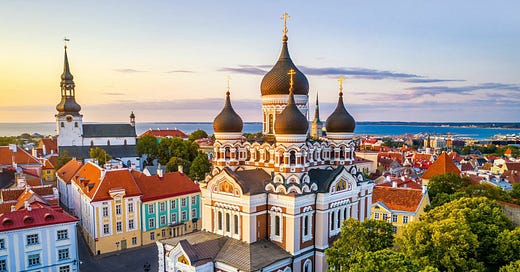



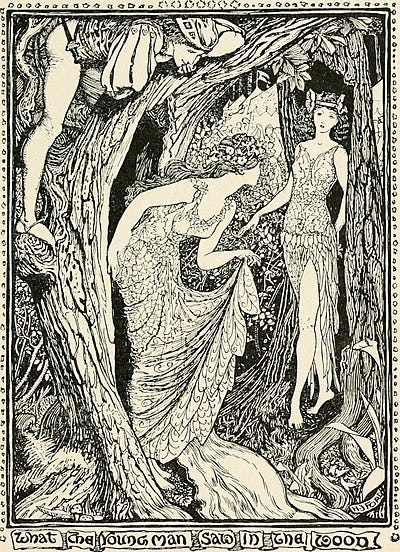
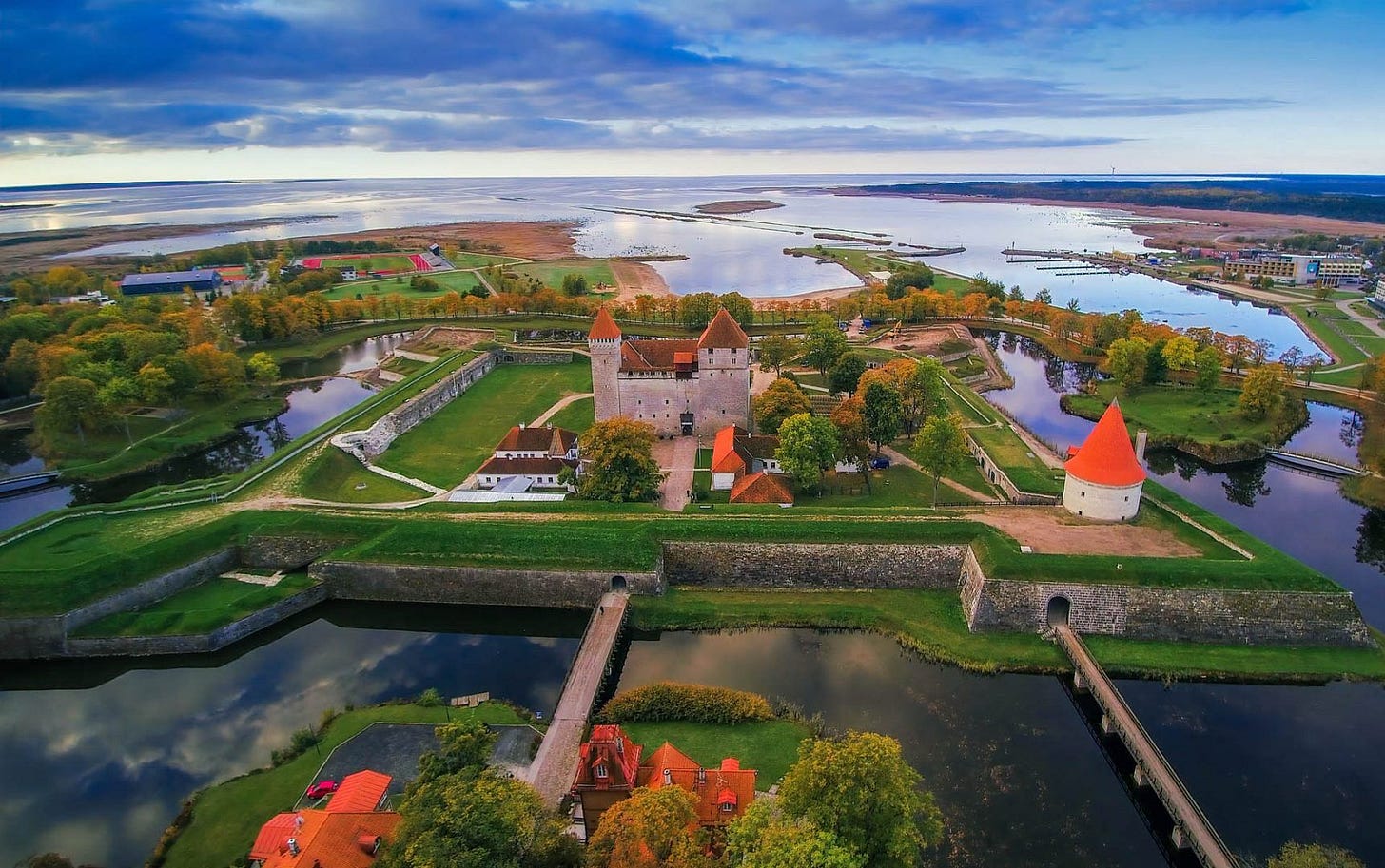
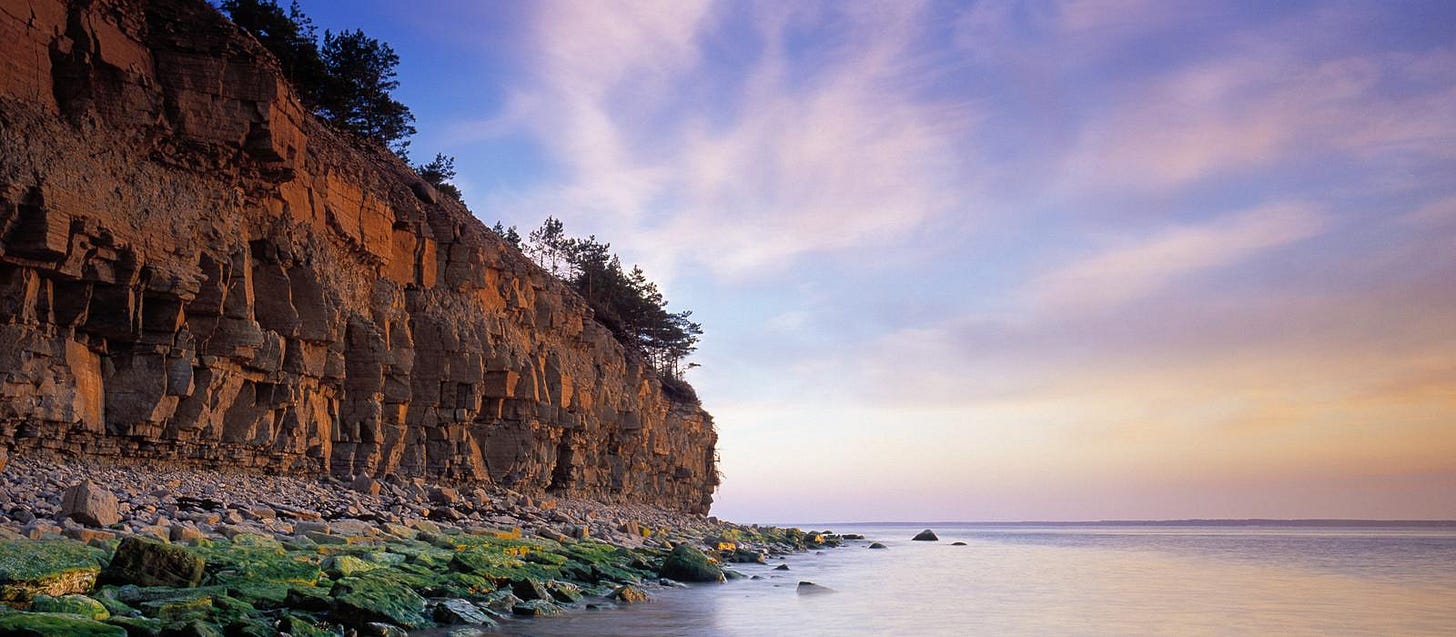

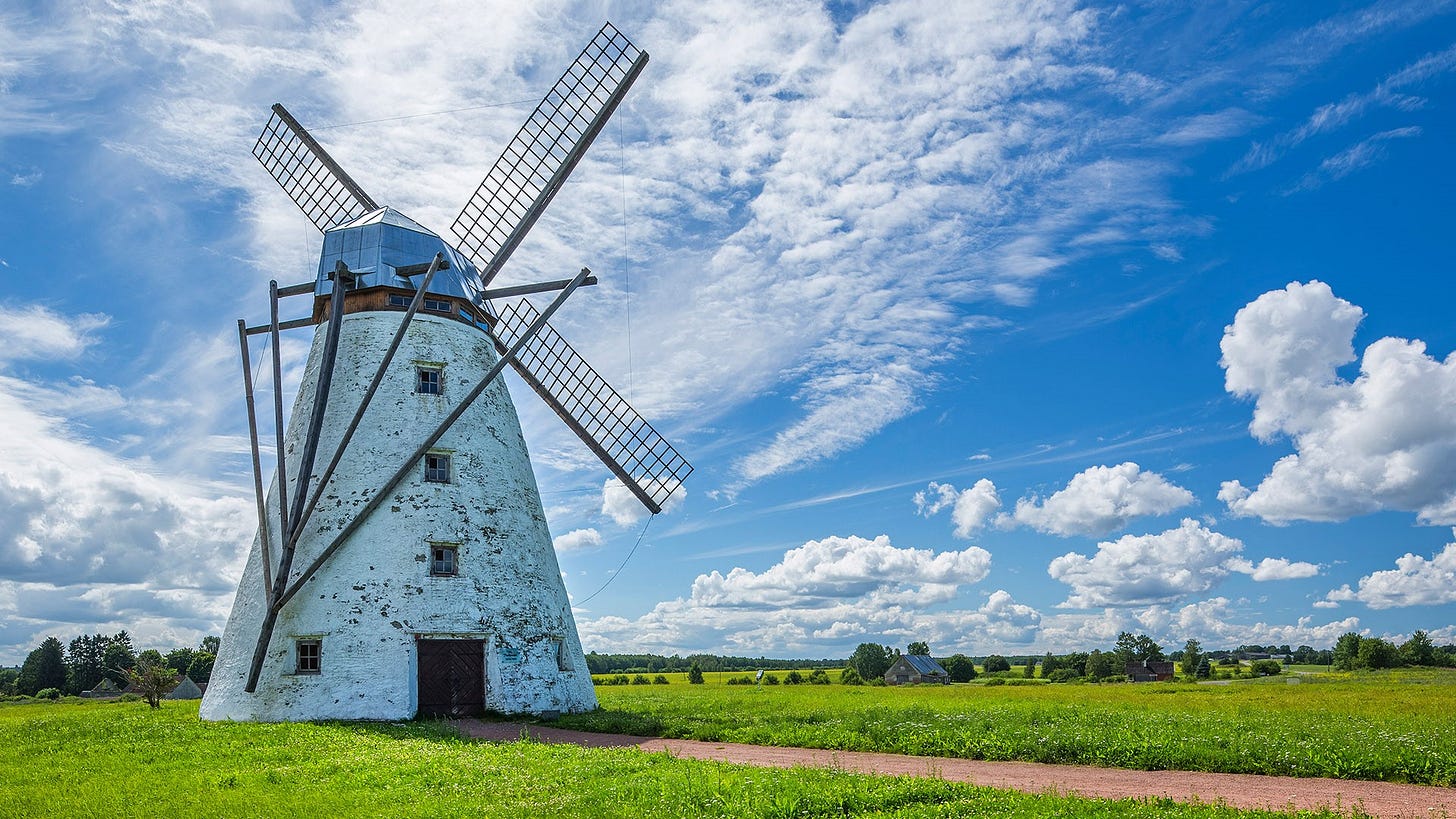
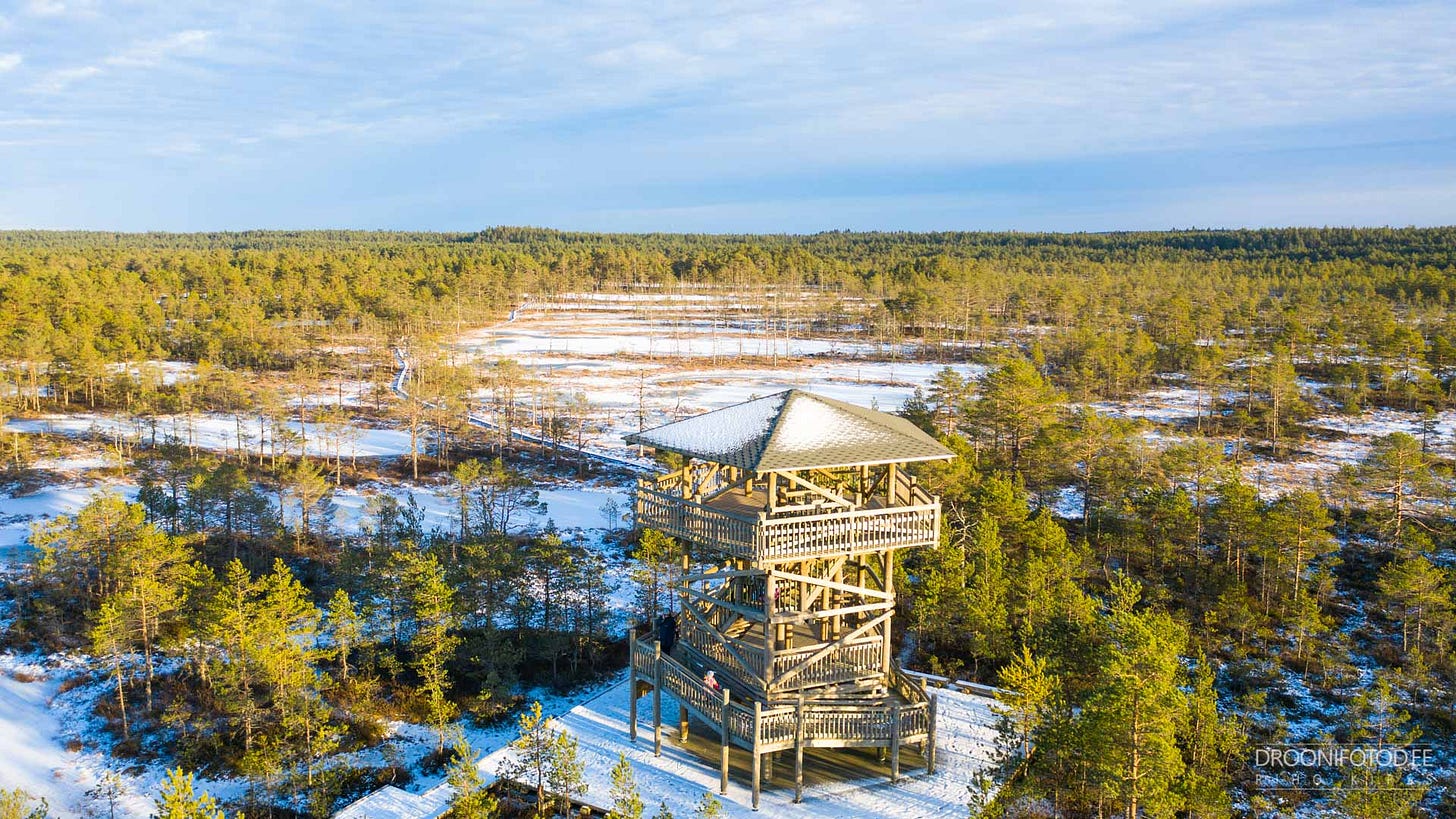
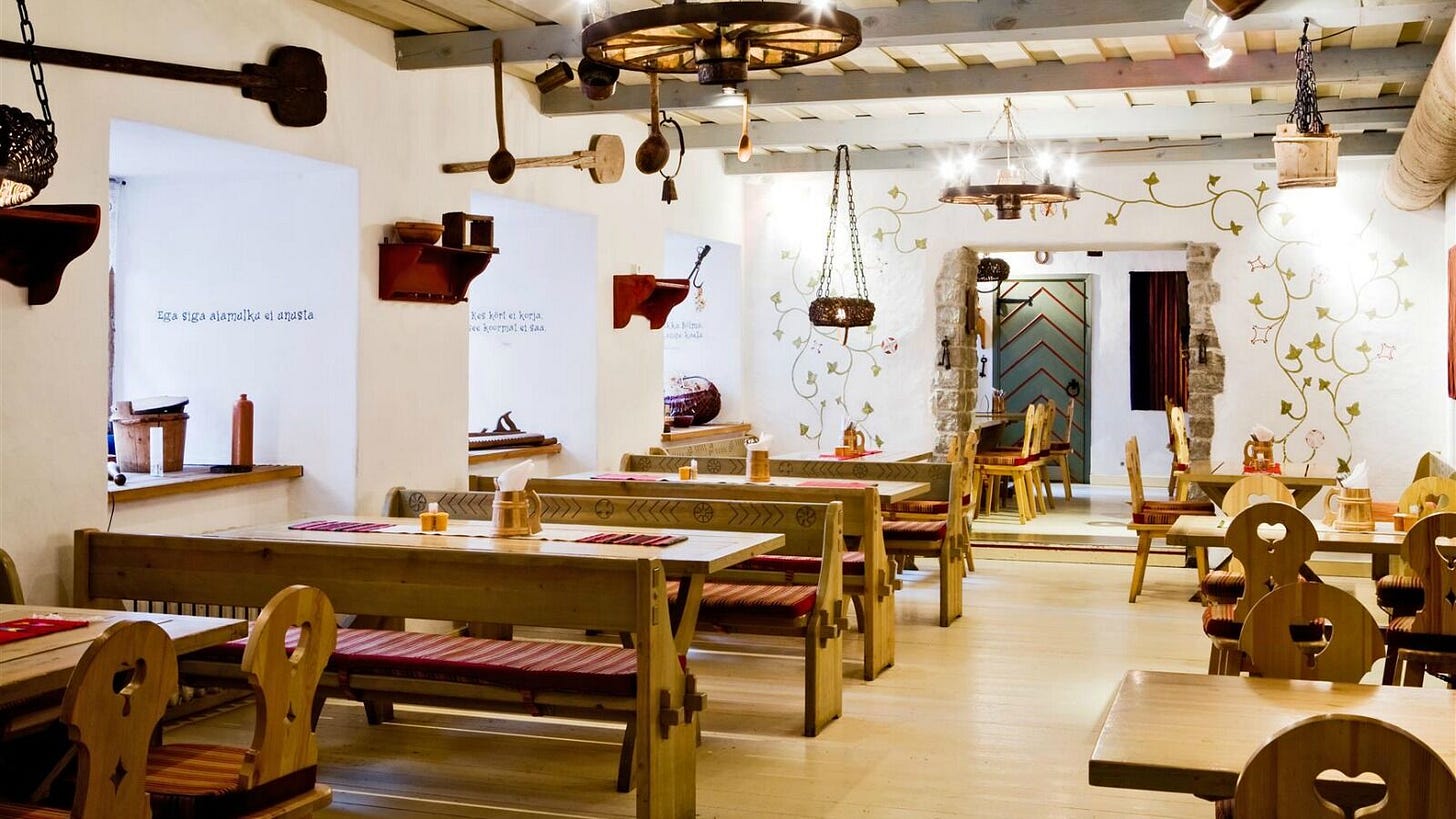
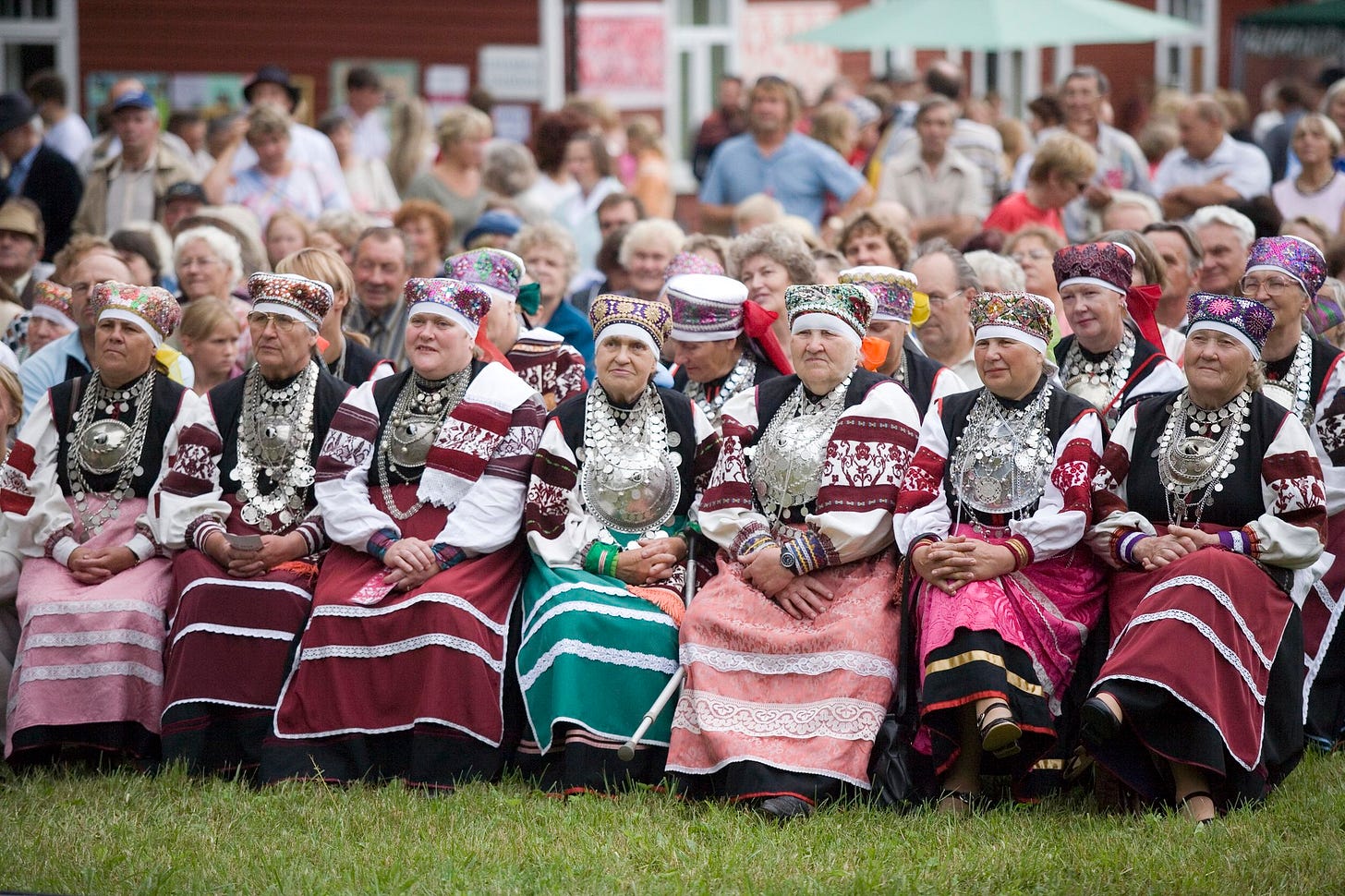
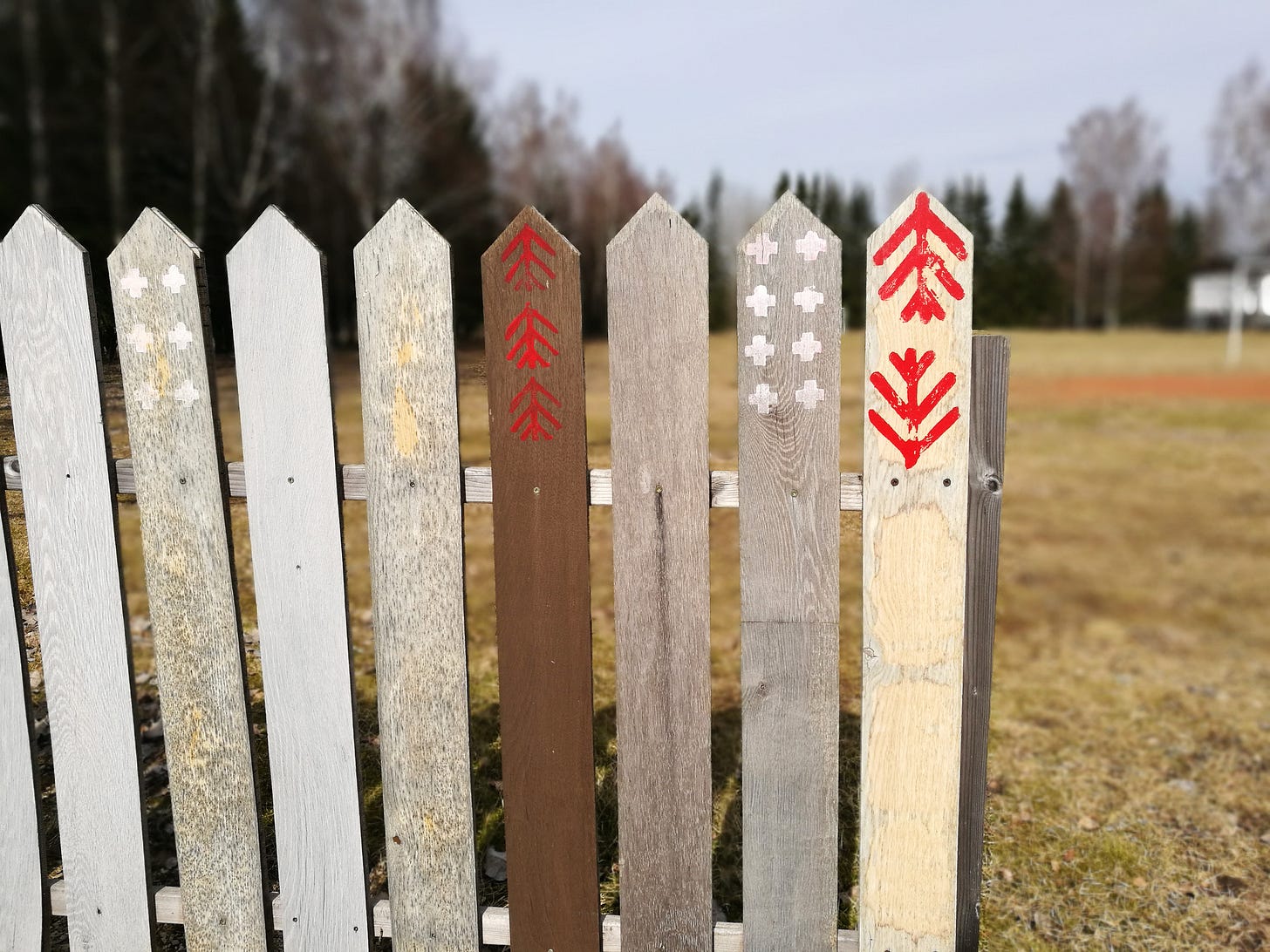
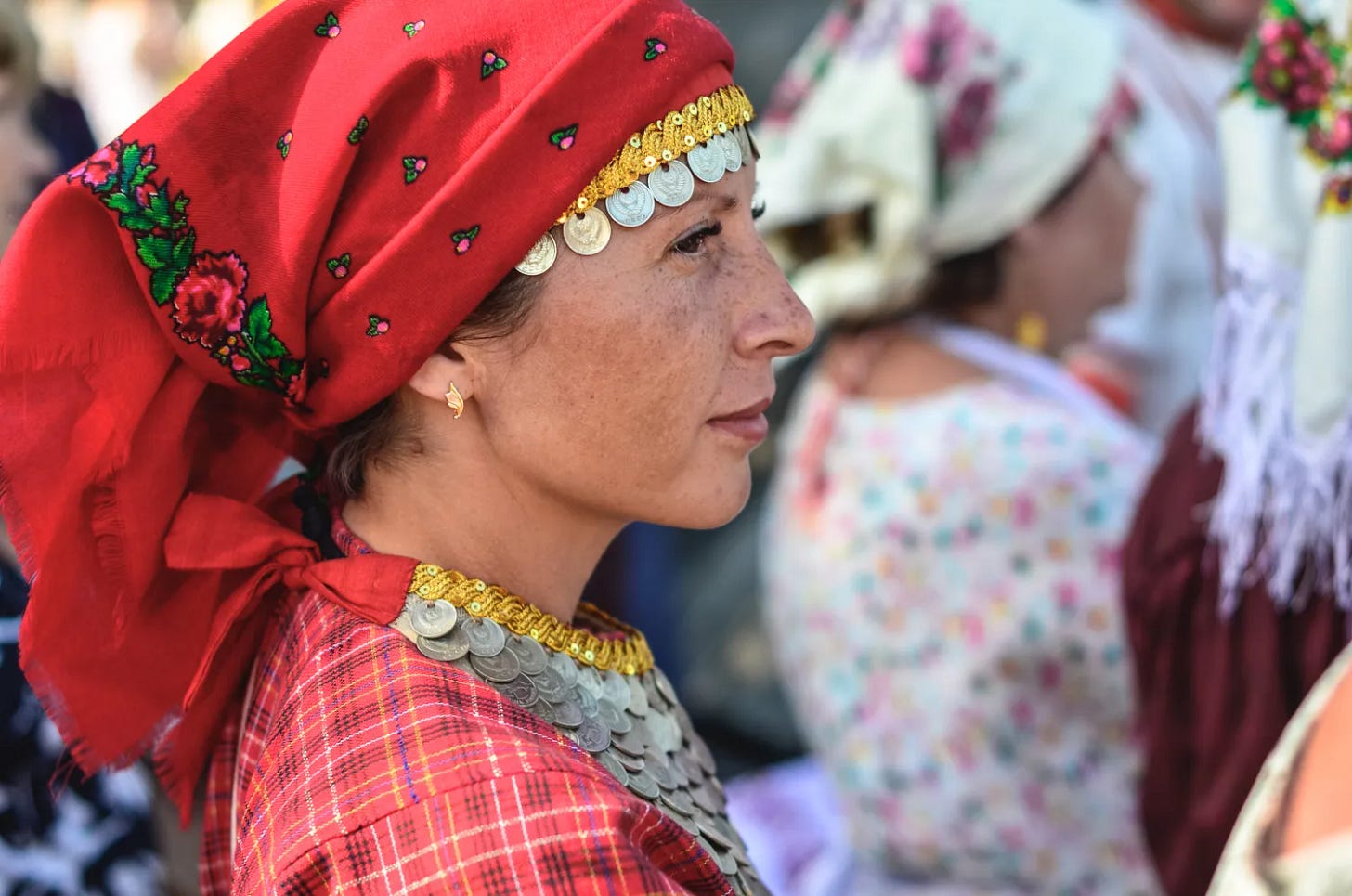
I’ve met a single person from Estonia only in my life, and it was intriguing, but now that feeling is greater.